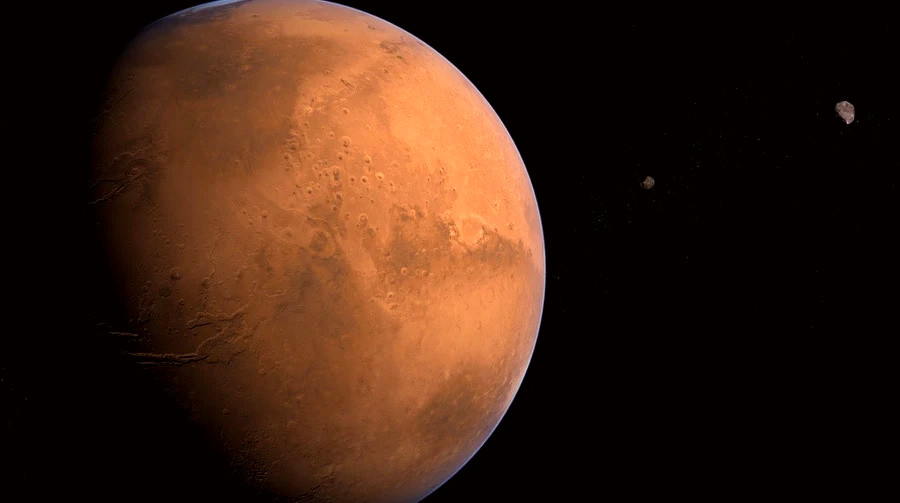NASA, in collaboration with Google, is developing a cutting-edge prototype of a medical assistant based on artificial intelligence known as the Crew Medical Officer Digital Assistant (CMO-DA). This system is designed for autonomous diagnosis and treatment of symptoms for space travelers when communication with Earth is unavailable, or when no medical professional is onboard.
According to PCMag, CMO-DA operates within Google's Vertex AI environment and supports multimodal interaction, including voice, text, and images. NASA retains control of the assistant's source code and is involved in fine-tuning the models. The platform provides access to both Google and third-party models.
The system has already been tested in three scenarios: ear pain, side pain, and ankle injury. Each case was assessed by medical professionals, including an astronaut. The diagnostic accuracy ranged from 74% to 88% depending on the scenario.
The project is being carried out under a fixed contract with Google Public Sector, which encompasses cloud services, development infrastructure, and model training. In the future, NASA plans to integrate additional data sources, including medical devices, and adapt the model to microgravity conditions.
CMO-DA is part of NASA's strategy for transitioning to autonomous medicine in space. If successfully validated in orbit, the technology could be adapted for use on Earth, particularly in isolated regions or areas with limited access to medical services.
Recently, NASA also shared insights on maintaining the Curiosity rover's operations for over 13 years.
